The Oxford Literary Festival sponsors, donors & partners
 Festival media partner
Festival media partner


 Festival cultural partner
Festival cultural partner
 Festival ideas partner
Festival ideas partner

 The Spanish Embassy: supporters of the programme of Spanish literature and culture
The Spanish Embassy: supporters of the programme of Spanish literature and culture

 The Cervantes Institute, London
The Cervantes Institute, London
 Festival on-site and online bookseller
Festival on-site and online bookseller
 Wines of the Douro Valley
Wines of the Douro Valley


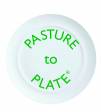
 Five-star hotel partners of The Oxford Collection
Five-star hotel partners of The Oxford Collection
 Five-star hotel partners of The Oxford Collection
Five-star hotel partners of The Oxford Collection
 Oxford International Centre for Publishing
Oxford International Centre for Publishing
 Accountants to the festival
Accountants to the festival
__thumb.png) Private bank - London
Private bank - London



 Prestige publishing partner. Celebrating 25 years in Europe in 2024
Prestige publishing partner. Celebrating 25 years in Europe in 2024

 Partner of Oxford Literary Festival
Partner of Oxford Literary Festival

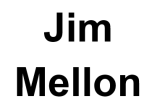
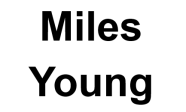
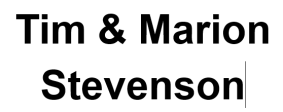
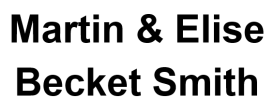
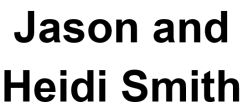
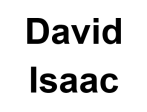


 New College founded 1379
New College founded 1379
 Exeter College: college home of the festival. Founded 1314
Exeter College: college home of the festival. Founded 1314
 Worcester College founded 1714
Worcester College founded 1714
 Lincoln College founded 1427
Lincoln College founded 1427
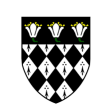 Magdalen College founded 1458
Magdalen College founded 1458
 Reuben College founded in 2019
Reuben College founded in 2019
 Harris Manchester College founded 1893
Harris Manchester College founded 1893
 Founded 1884
Founded 1884



 Festival digital strategy & web design
Festival digital strategy & web design
 Olive oil from Sicily
Olive oil from Sicily





 Oxford University Images
Oxford University Images






 Local radio partner
Local radio partner



